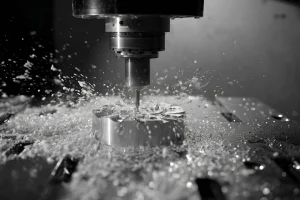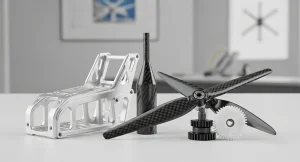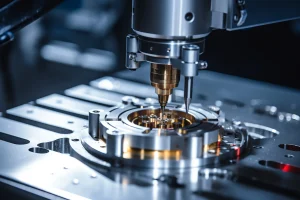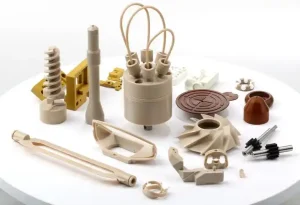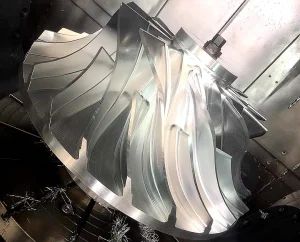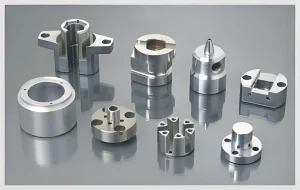Introduction:
The spindle is the heart of any CNC machining center — it directly determines machining precision, cutting stability, and surface finish quality. Over time, spindle wear, imbalance, or improper maintenance can lead to vibration, noise, or accuracy loss.
To maintain consistent machining performance, regular spindle testing is essential. By monitoring speed accuracy, temperature rise, and vibration, engineers can identify early signs of failure and ensure long-term reliability.
This article outlines the most practical and effective testing methods for assessing the spindle performance of CNC machining centers.
1. Spindle Flexibility and Reliability Test
Select low, medium, and high speeds, and continuously rotate the CNC machining center spindle in both forward and reverse directions at least five times.
After stopping, test its flexibility and reliability.
Check the power display on the load meter to confirm that the spindle’s load and output performance meet operational requirements.
2. Spindle Speed, Temperature, and Vibration Test
Use the manual data input mode and gradually increase the CNC machining center spindle speed from low to the maximum allowable speed.
Observe whether the speed is stable and accurate — the error should generally not exceed 10%.
While testing spindle speed, also observe:
- Noise level during operation
- Temperature rise of the spindle housing
- Vibration stability
After two hours of continuous high-speed operation, the spindle temperature rise should generally not exceed 15°C.
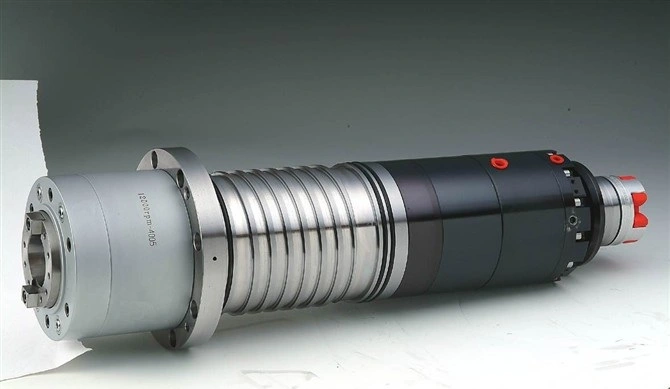
3. Precision Stop and Repeatability Test
To verify the flexibility and reliability of the CNC machining center spindle, perform a precision stop test.
Operate the spindle continuously at least five times, stopping precisely each time, to confirm consistent positioning and control performance.
About RapidEfficient
RapidEfficient specializes in high-precision CNC machining with 18 years of experience. Its products serve industries including medical, communications, optics, drones, intelligent robotics, automotive, and office automation.
The company’s CNC machining centers include four-axis, five-axis, and multi-linkage machine tools, equipped with precision projectors, coordinate measuring machines (CMM), spectrometers, and other precision testing instruments.
Machining accuracy can reach 0.01 mm, and testing accuracy can reach 0.001 mm.

